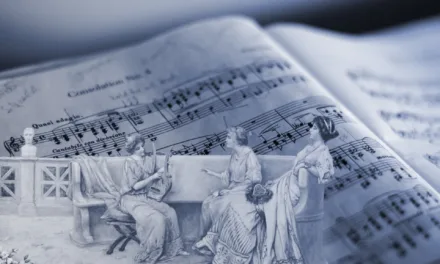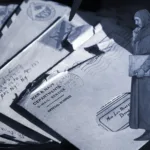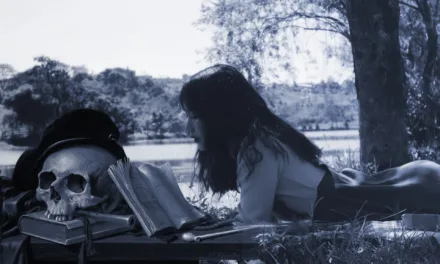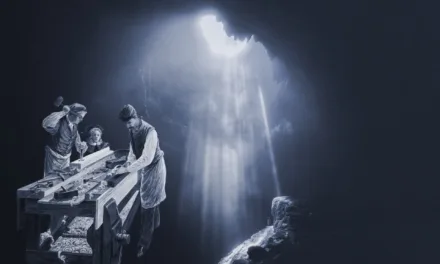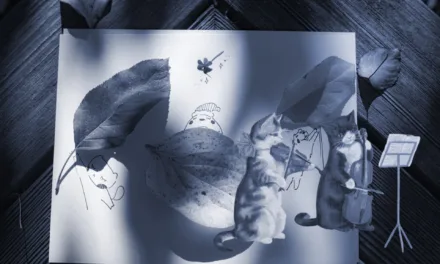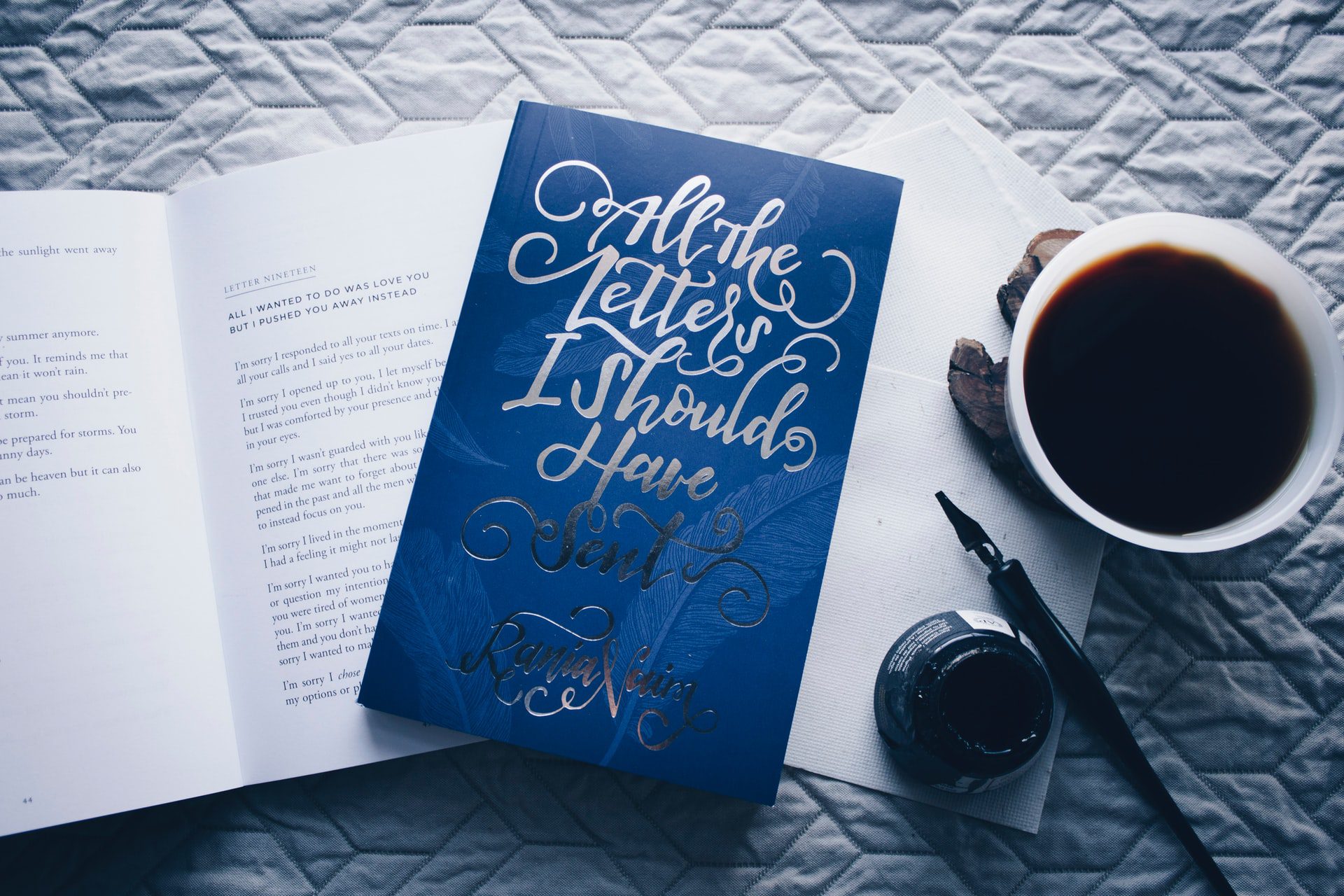
A Beginner’s Guide to Copyright for Creative Writers
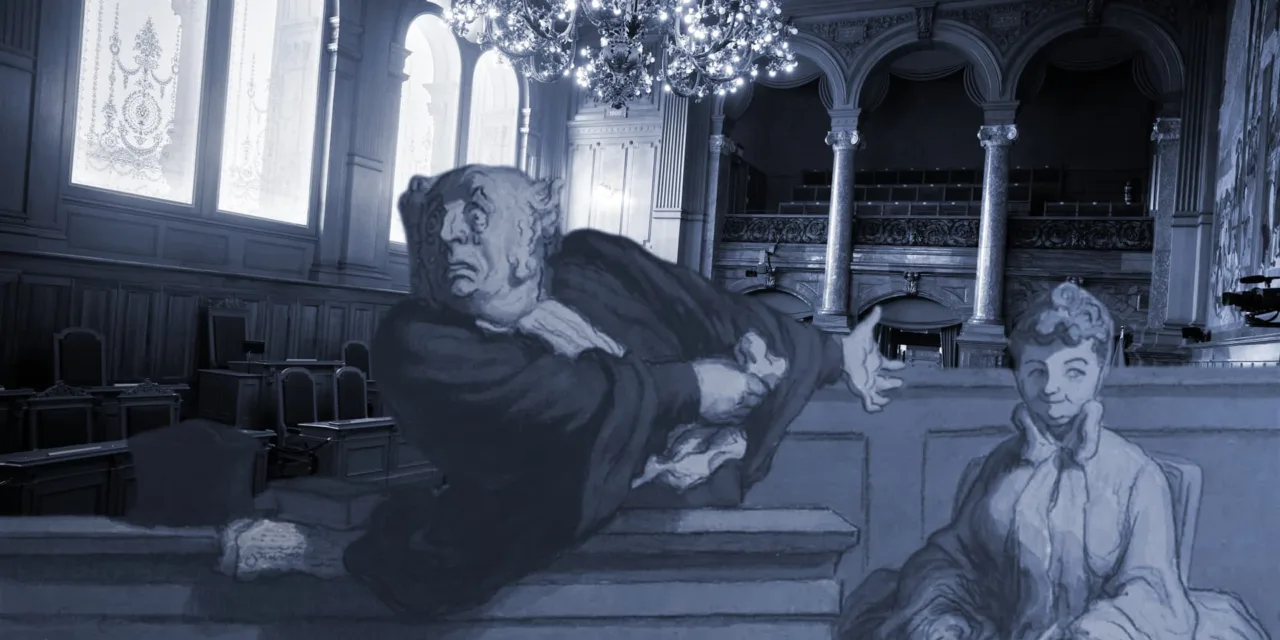
As a creative writer, you build unique worlds and create characters who mean something to you and your readers. So how can you protect those creations from those who would profit from, or use them without your consent?
Let’s take a look at the basics of copyright, and why you might (or might not) need it.
What is copyright?
Copyright is a type of intellectual property law devised to safeguard the original creations of authors in various fields. These creations can span a wide spectrum, encompassing literary works like novels and poetry; dramatic works like plays and scripts; musical works like compositions, lyrics, and sound recordings; and artistic works like paintings, sculptures, architectural designs, and even choreography.
At its core, copyright law is designed to provide authors with a set of specific yet comprehensive rights over their work. These rights include:
- Reproduction: This refers to the right to make copies of the copyrighted work. This can be in any form, including print, digital, or audio.
- Distribution: This allows the author to sell, rent, lease, or lend copies of the copyrighted work to the public.
- Public Performance: This right allows the author to perform or display the work publicly. This is particularly relevant for plays, films, music, and choreographic works.
- Public Display: This allows the author to display their copyrighted work in public. This generally applies to art, photography, sculpture, architectural works, and any material used on the internet.
- Derivative Works: This provides the author with the right to modify the work, adapt it into a different format, or translate it. For example, a novel could be adapted into a movie, or a song can be remixed.
Do you need to register a copyright?
In many countries, including the United States and the United Kingdom, copyright is automatic upon the creation of a “tangible” work. This means that as soon as your work has been written down, recorded, or otherwise “made real,” it’s copyrighted to you without any need for any additional registration. This extends to all forms of creative writing, from novels and poems to blog posts and newspaper articles.
While registering a copyright is not necessary in many countries, and it won’t grant you additional rights, it can provide a public record of the copyright claim, which can prove useful in any potential legal disputes in countries where this is offered. It might also be a requirement for certain international rights, where different copyright protections may apply.

Why might a writer choose to register a copyright?
Despite many countries granting copyright for any created works automatically, some might require it, or provide added protections if you do register your work. The UK offers full protection for automatic copyrights, so no additional steps are needed; however, in the US, it can be an optional safeguard.
In countries where it is an option, registering a copyright is a means of establishing a public record of ownership, thus helping to deter unauthorised use of your intellectual property. Moreover, if your work is ever illegally duplicated or otherwise infringed upon, having an officially registered copyright can simplify the process of pursuing legal action against the offender.
It is worth noting, however, that just because you register your copyright and have a record of your ownership, it doesn’t mean that all unauthorised use can be successfully prosecuted. In the case of plagiarism, going after a plagiarist is a much more simple matter than pirating, for instance, which is almost impossible to successfully protect against.
How to Copyright Your Work
Creation equals copyright
As stated above, in many countries, copyright is automatic when the work is “fixed in a tangible medium of expression.” This means that as soon as you write your poem, short story, or novel, it’s copyrighted to you without any extra steps necessary. You will have full rights over your work.
Register your copyright
Although not legally required, for extra protection, in some countries, like the US, you can register your copyright with the appropriate government body, like through the U.S. Copyright Office.
To do this, you will need to:
- Complete an application form
- Pay a non-refundable fee
- Email or mail in copies of your work
How to put together a copyright page for publication
Even if you don’t have a copyright page, your work will be protected. However, most authors choose to include one as it not only provides a tangible date and proof of publication for any infringement that may arise, but is also something you can use as proof if you ever need to defend your copyright in a court of law. It’s also a great way to provide other legally required information, like image credits, artist credit for your cover art, and sharing edition information.
I’ve included both a fiction and a non-fiction copyright template that you can use below as a starting point. You can pick and choose the relevant information for your work.
All creative writers absolutely need to understand copyright well. It protects your original work and assures your control over them. Remember, your work is your intellectual property, and you have every right to defend and benefit from it. Copyright simply reinforces these rights.

